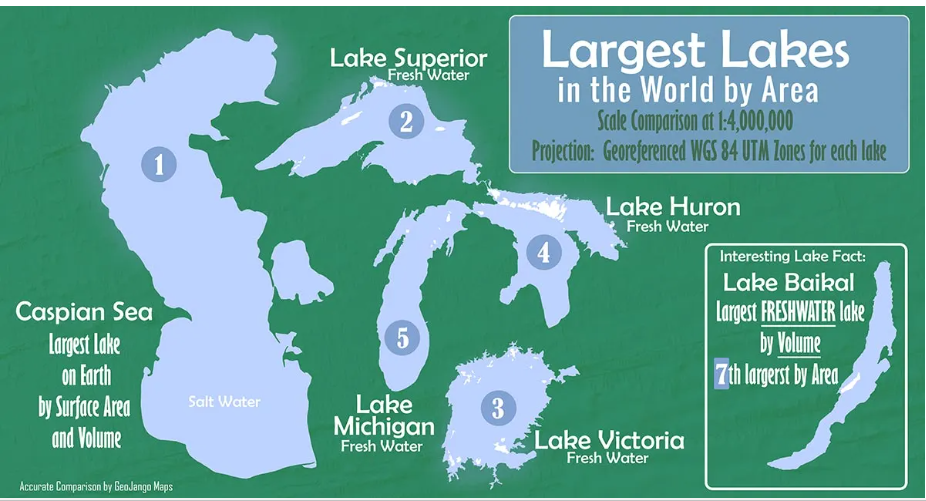7667766266
enquiry@shankarias.in
Climate change has severe effects on waterbodies causing decline in freshwater supply, environment degradation and deterioration of water quality for humans and livestock.

Sedimentation is the process of particles such as sand and stones settling to the bottom of a body of water.
Potential evapotranspiration (PET) is the loss of water due to both evaporation and transpiration.